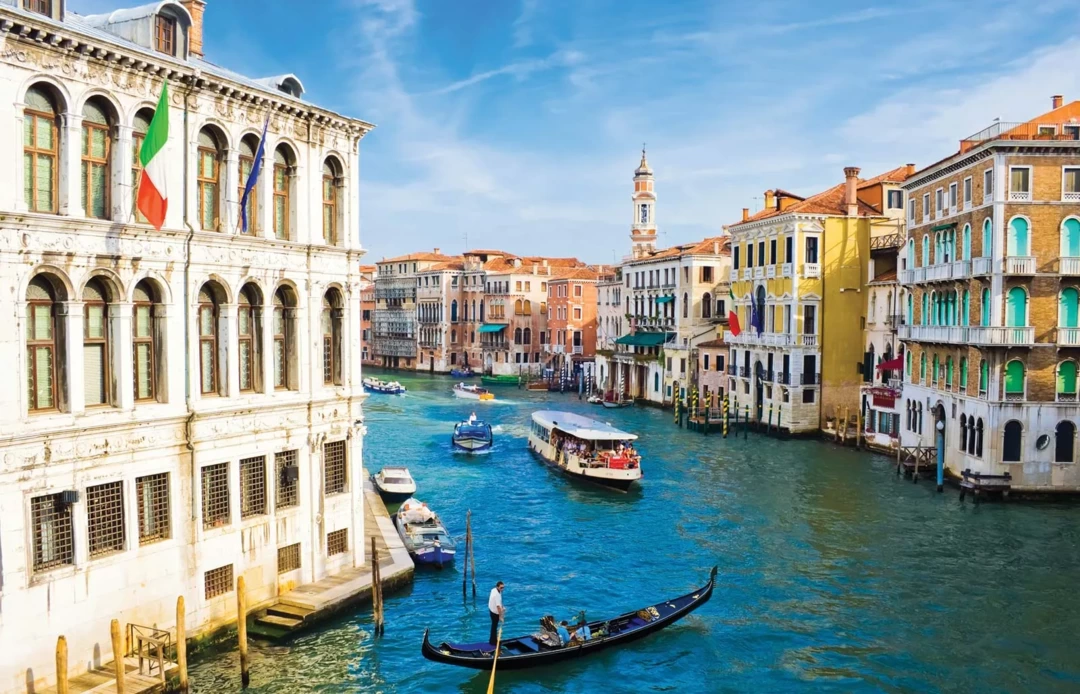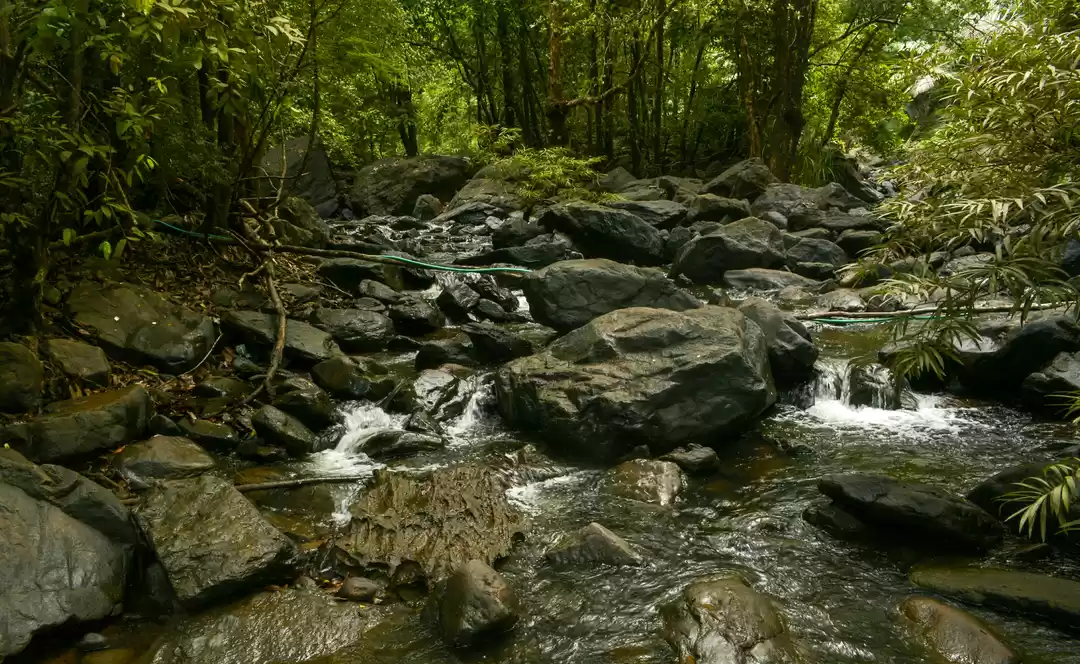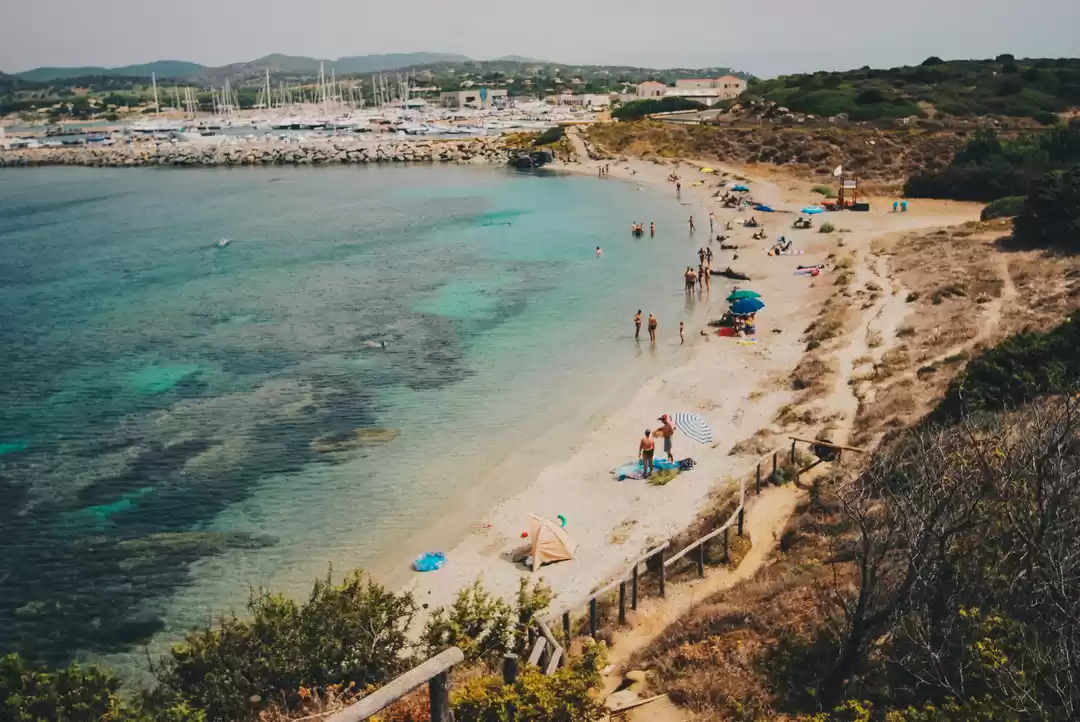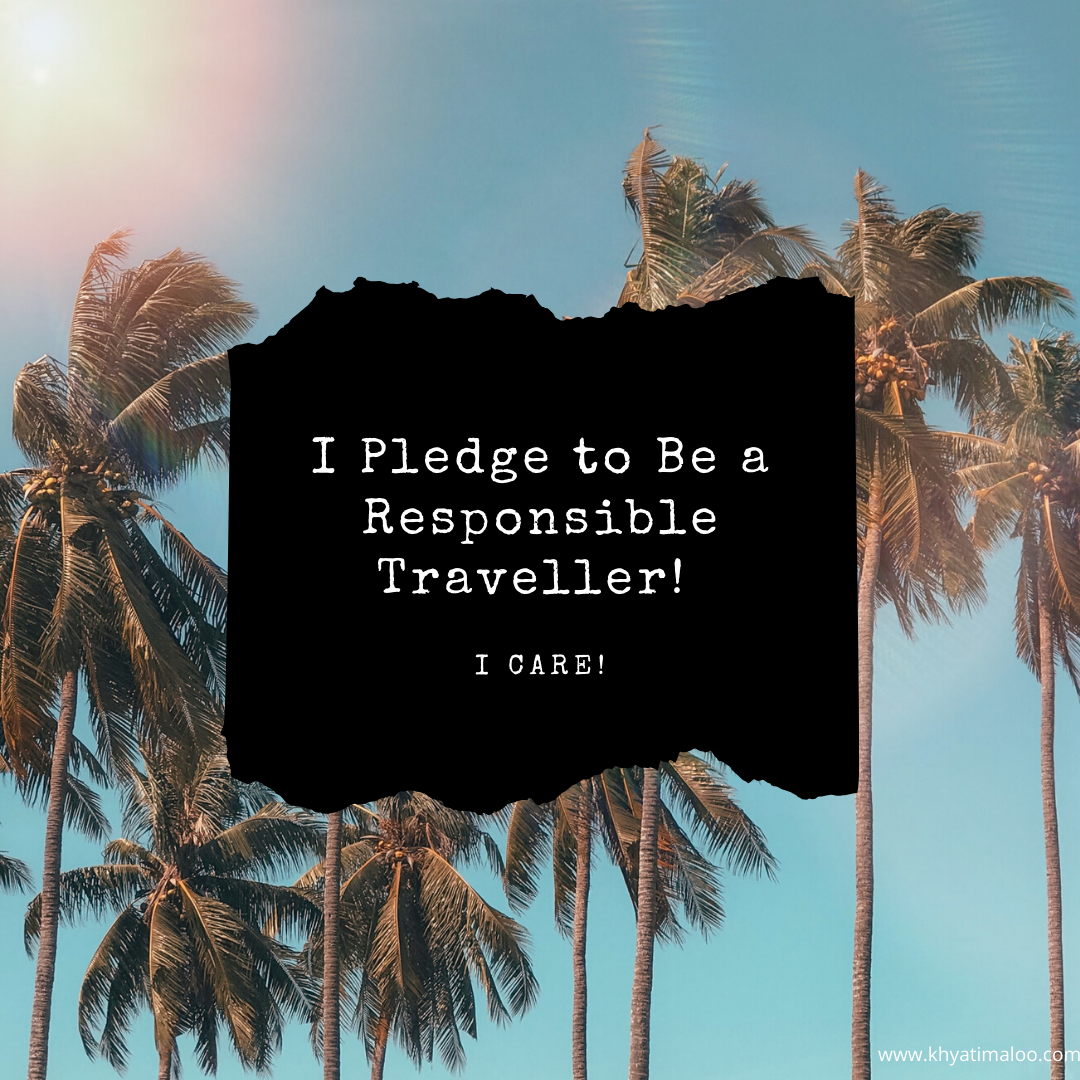
Tourist numbers are rapidly increasing in all parts of the world, and natural wonders, fragile ecosystems and archaeological monuments have become the most obvious victims, seeing the most negative impact. While this is being recognised all over, the impact of tourism on urban areas is garnering much less attention than it deserves. But the negative effect of tourism in cities is just as much, if not more. Here, travellers tend to use water at double the rate as compared to residents, and also generate twice as much waste, thereby increasing the load on local infrastructure. And these are just some of the immediate effects. The long-term impacts are huge.
In the tourism world, while awareness about the need for preservation of cities and sensitive environments is on the rise, it is nowhere close to where it needs to be. And that makes it all the more important to increase sensitivity about the small steps one can take to bring about a change in the tourism industry. Travelling sustainably might seem like extra effort at first, but it can soon become second nature and these extra steps can help you to not only leave a more positive impact on the environment, but also have a more fulfilling trip.
Here are some steps that can help you go green with ease and make travel better for everyone.
While planning
Like every sustainable practice, responsible travel is not a one-time thing. It is an ongoing process that starts before you even begin your journey.
1. Choose your destination wisely
This is the first step in your responsible travel journey. When looking for destinations for your next visit, choose those where your visit will create a positive or neutral impact, but definitely not a negative one. A number of destinations have seen a rather huge influx of tourists in the past year, making it difficult for locals to cope. Venice is one such city. With an influx of over 80,000 tourists per day during peak seasons, the infrastructure has been affected badly and so have the locals, many of whom have migrated to other parts of Europe. Dubrovnik in Croatia has also been unable to deal with the instant rise in tourism after it coming into the limelight because of being featured in Game of Thrones.
An independent non-profit organisation, Ethical Traveler, releases a list of the most ethical destinations each year, ranked on the basis of their environmental protection standards, social welfare measures and human rights records. You can go through these to broaden your choices and choose a greener destination.
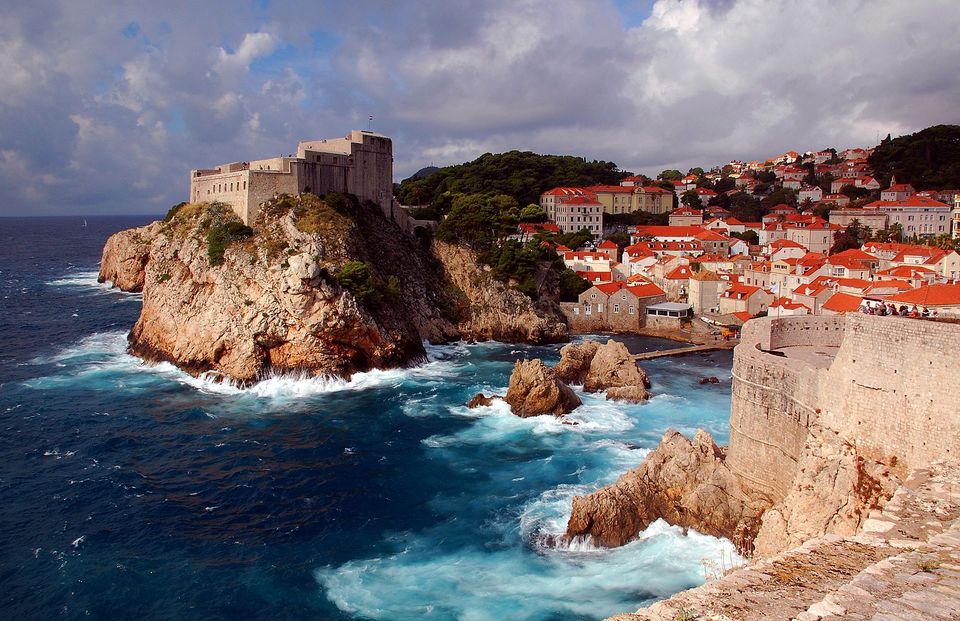
2. Stay at an eco-friendly hotel
This sounds like a no-brainer, but choosing an eco-friendly or sustainable hotel is not an easy task. You need to make sure that the place you choose actually follows sustainable practices and isn't just cat-fishing you. Look for hotels and hostels that are built in LEED-certified buildings, use renewable energy, recycle, provide responsibly-sourced toiletries and offer options for guests to make an impact (like not having the sheets and towels changed daily).
3. Hire a local guide or a green tour company
When travelling to an unknown place, going with an independent local guide is often the best way to ensure your visit is fruitful and that your money is doing the best it can for the destination's economy. However, if you cannot hire one, the next best thing is to look for a tour company that follows sustainable tourism practices. Some of the ways they do this is by promoting ethical practices, using eco-friendly office supplies, respecting local flora and fauna, tangibly contributing to the community and taking the destination's socio-political standing into account.
4. Start at home
Before you start from home, make sure to unplug appliances to avoid loss of electricity (phantom power), turn off the water supply, empty your refrigerator, suspend your newspaper delivery and switch to online billing.

While you're travelling
Once you leave home, every small little act can help you make a positive or negative impact on the environment. Mind your actions and do your research beforehand on sustainable travel practices.
1. Choose direct flights
While it is better to avoid taking flights altogether, it might not always be possible for a variety of reasons. But remember that airplanes release the most carbon dioxide while taking off and landing. If you opt for direct flights wherever possible, you can help reduce the carbon footprint considerably.
2. While travelling locally, use public transport, bikes, or simply walk
When travelling international, sometimes taking a flight is the only option. However, in the European subcontinent, or while travelling across the Americas and Canada, you can opt for ground transportation (rail or road) to help release slightly lesser carbon dioxide into the environment. Once at your destination, opt for walking or bicycling wherever you can and for public transport where you can't. A number of cities across the world, such as San Francisco, Copenhagen and Curitiba, have started using eco-friendly public transport systems, thus making travel easier and more environment-friendly.
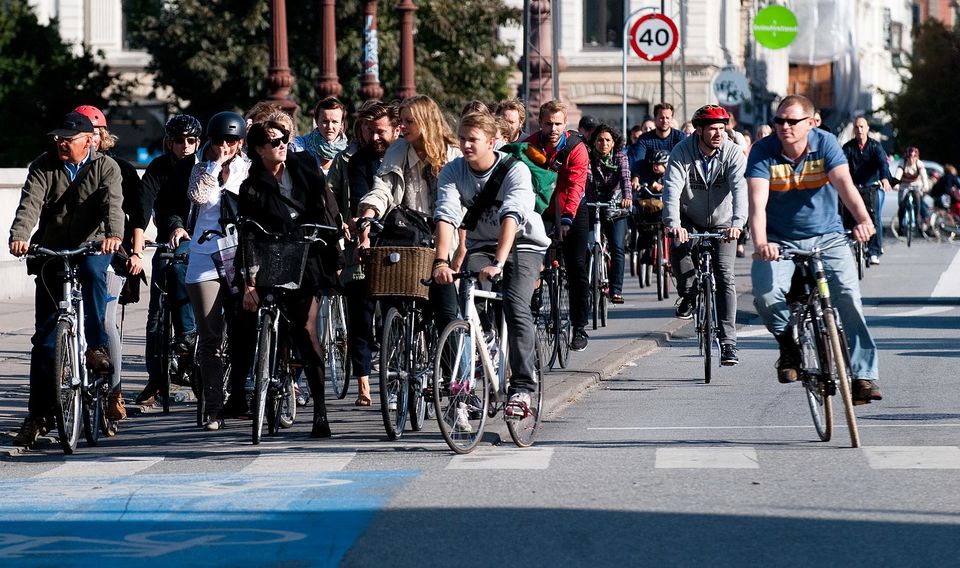
3. Shop smart
While travelling, it can be tempting to seek out shops and restaurants that remind us of home (there's a reason McDonald's does so well). And while there's nothing wrong with this, I'm sure you didn't go across the world just to get the same experience you can get at home. Try out local shops, eat where the locals do and try something that is consumed by the locals. Shopping for locally-produced items is a good way to add to the destination's economy. In addition, if you opt to carry your own bags, avoid use of plastic and shop for eco-friendly products (organic fabrics, handmade goods), and you will end up giving back more to the environment as well.
4. Volunteer, but also know when you shouldn't
Volunteering is a great way to experience a new place in an ethical and responsible way. It allows you to have a rich cultural experience while contributing to solving key social and economical problems. Clean-up drives, teaching and providing healthcare are some great ways of working towards the environment and the community. However, it is important to research volunteer options before you take something up. The Cambodian orphanage scandal is one such example of volunteering efforts gone horribly wrong. With so many travellers wanting to volunteer, a number of locals created fake orphanages to make a profit out of this travel activity. Such activities have also been reported in India in the past.
5. Don't use plastic bottles and containers
Another no-brainer. Plastic is one of the world's biggest pollutants. Avoid the use of plastic wherever you can. Carry your own water bottle and reusable containers for where you plan to have street food. A number of cities across the world have come up with the concept of water ATMs, where you can refill your bottle and continue on your journey. Avoid using plastic bags and buying items packaged in plastic. Wherever possible, recycle your plastic trash. For example, supermarkets in Germany and Helsinki have recycling machines that will give you a few cents each time you feed it with plastic trash. Similarly, a company in Istanbul has come up with machines that dispenses food for stray dogs in exchange for plastic bottles.
6. Do your homework on any activity involving animals
Preventing cruelty against animals can help you contribute majorly towards protecting the environment and travelling sustainably. Before indulging in any tourism activity that involves use of animals, ensure that these animals are not held against their will and are not ill treated. This involves animal shows, visits to the zoo and others. A number of countries have been under the scanner for ill-treating animals in their zoos. Make sure you do not fund such activities.
7. Be careful of your carbon footprint
Ensuring that you don't leave behind a massive carbon footprint is as important as other sustainable travel practices. Small acts such as switching off the air conditioning before leaving your hotel room, conserving water, not getting your sheets and towels changed daily, researching your destination for environmental problems, and limiting the use of technology will ensure that you leave behind a lighter footprint.
If you're travelling to developing countries, ensure you don't leave behind trash. Many countries still don't have the means to dispose off items such as old electronics, polyester, batteries and others, properly, which means these could end up in landfills or pollute the land further. Pack all such trash and carry it back home with you where you can ensure safe disposal.
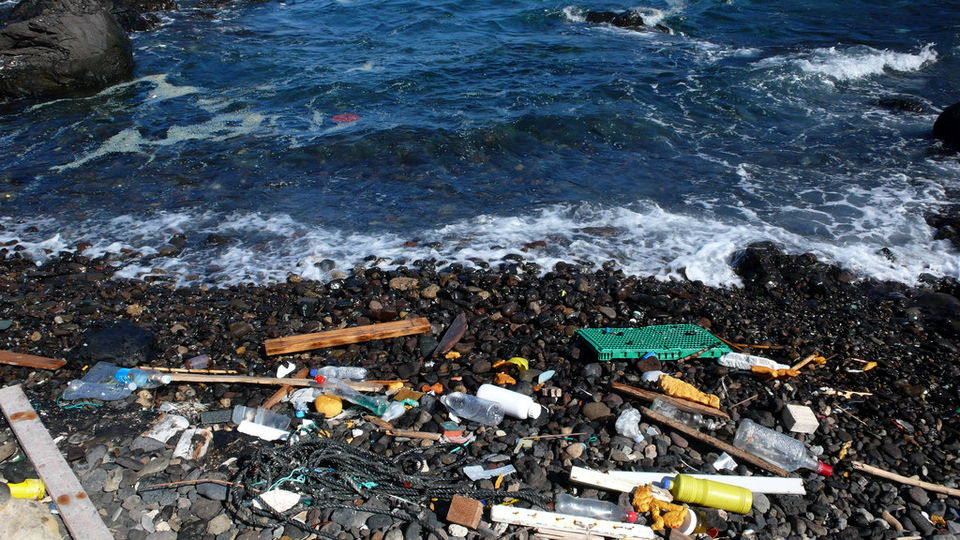
After you come back home
1. Calculate your carbon offset
While it is advisable to shrink your footprint, sometimes you inadvertently leave behind an impact on the place you're travelling in. A good way to know what kind of an impact you've created is to calculate your carbon offset. There are a number of tools available online that can help you do that. You can also contribute to carbon offset programs that help fund reforestation and renewable energy projects.
2. Donate to support wildlife and environmental conservation efforts
Once you've visited a place and met its people, you can get a fair idea of what it needs the most. Why not make a donation to the destination's grassroots organisations? Whether it is animal welfare or environmental conservation or simply supporting local artisans, you can do your bit by sending a little monetary help their way. Just research well and make sure your money isn't going to spurious organisations.

Reduce the number of trips you take
While exploring new cities, meeting new people and getting to know foreign cultures is great, understand that travelling isn't the most sustainable activity. This doesn't necessarily mean that you shouldn't travel, but that you should travel smarter. For example, if you're planning on visiting Croatia and Greece in Europe, you could do so on the same trip, thereby reducing the number of flights you take and also saving money.
Another great way is to explore your own city or the places near you. You can easily take state transport, pack light, and simultaneously discover interesting things and places you didn't know about earlier.
To know more about how to travel responsibly in India, click here.
What steps do you undertake to travel more sustainably? Write about it on Tripoto and help spread awareness among fellow travellers.

























